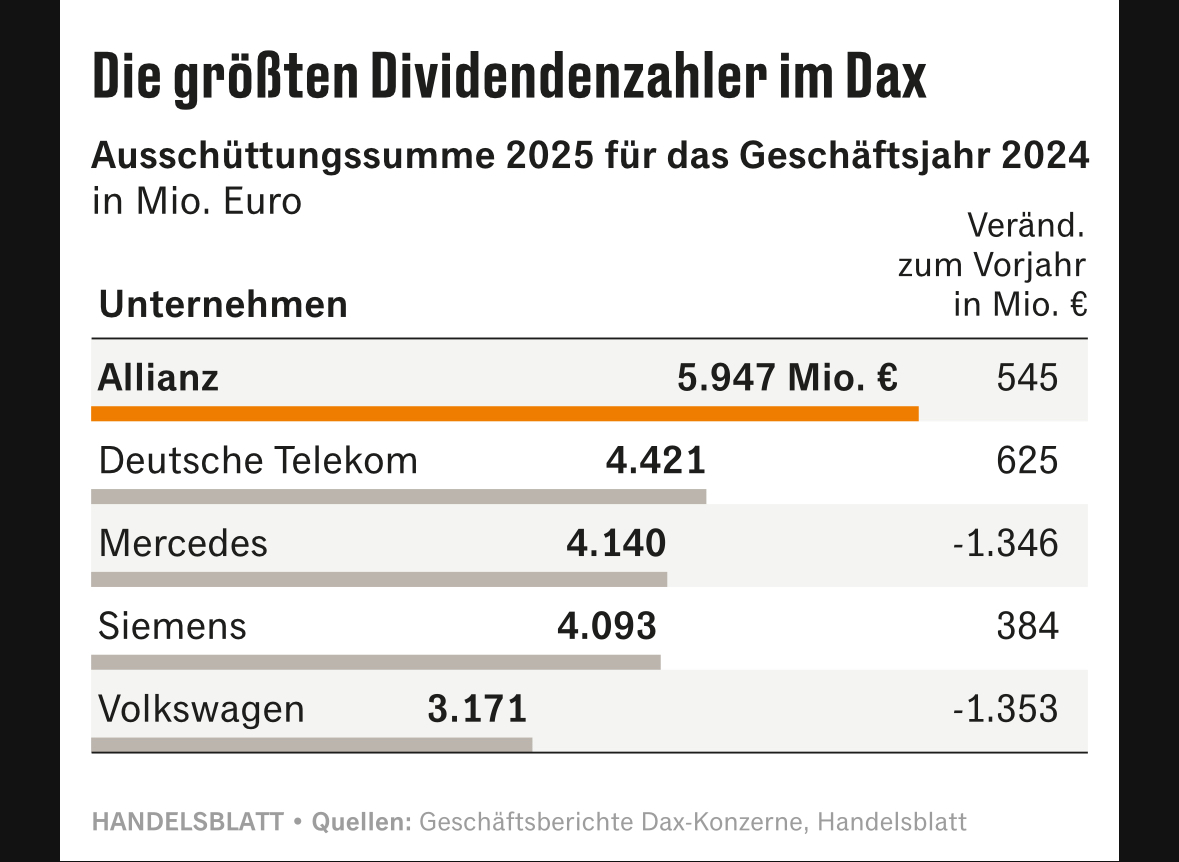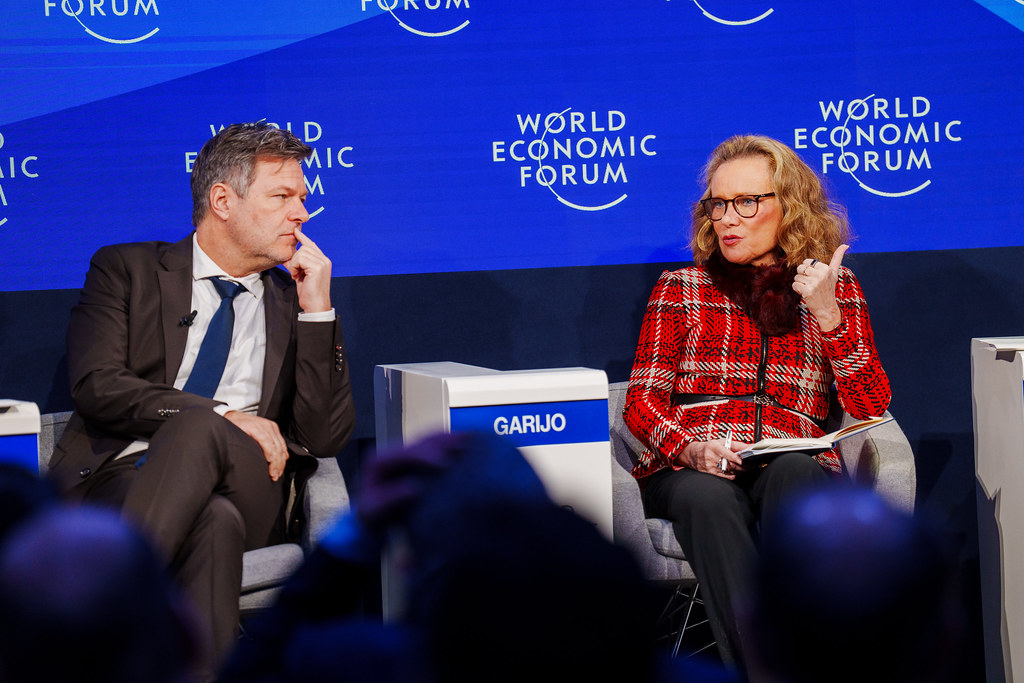Quarterly figures for EU companies on 01.08.2024
Hugo Boss +++ DHL +++ Symrise +++ BMW +++ Volkswagen +++ and many more
Heidelberger Druck $HDD (+1,13%) achieves sales of €403 million (previous year: €544 million), EBITDA (adjusted) of -€9 million (previous year: +€41 million) and a net result of -€42 million (previous year: +€10 million) in the 1st quarter. Forecast confirmed.
HUGO BOSS $BOSS (+0,57%) achieved sales of €1.015 billion in the second quarter (previous year: €1.026 billion, preliminary figures from July 15: €1.015 billion), EBIT (final) of €70 million (previous year: €121 million, preliminary: €70 million) and net profit of €37 million (previous year: €75 million).
Symrise $SY1 (+1,28%) achieved sales of €2.57 billion in the first half of the year (previous year: €2.41 billion, analyst forecast: €2.56 billion), EBITDA of €529.8 million (previous year: €446 million, forecast: €526.1 million) and net income of €239.5 million (previous year: €187.5 million, forecast: €251.2 million). Outlook for 2024 confirmed.
BMW $BMW (+0,52%) achieves Q2 revenues of €36.9 billion (previous year: €37.2 billion, analyst forecast: €37.4 billion), EBIT (Group) of €3.88 billion (previous year: €4.34 billion, forecast: €3.95 billion) and Group net profit of €2.71 billion (previous year: €2.96 billion, forecast: €2.62 billion). Outlook for 2024 confirmed.
Volkswagen (VW) $VOW (+0,93%) achieved sales of €83.3 billion in the second quarter (previous year: €80.1 billion, forecast: €81.9 billion), an operating profit of €5.46 billion (previous year: €5.60 billion, forecast: €5.38 billion) and earnings after tax of €3.63 billion (previous year: €3.79 billion). In the outlook for 2024, VW confirms the forecast for sales and deliveries.
Klöckner & Co $KCO (+0,09%) achieved sales of 2.3 million tons in the first half of the year (previous year: 2.1 million tons), EBITDA before material special effects of €83 million (previous year: €130 million) and net income from continuing operations of -€26 million (previous year: €39 million). In the outlook for 2024, the company expects a slight decline in sales compared to the previous year and EBITDA before material special effects of €120 million to €180 million.
DHL $DHL (+0,52%) achieved revenue of €20.6 billion in the second quarter (previous year: €20.1 billion, analyst forecast: €20.3 billion), EBIT of €1.4 billion (previous year: €1.7 billion, forecast: €1.3 billion) and net profit of €744 million (previous year: €978 million, forecast: €754 million). Outlook for 2024 and EBIT forecast for 2026 confirmed.
Merck KGaA $MRK (+0,31%) achieves final Q2 sales of €5.35 billion (preliminary: €5.35 billion), final adjusted EBITDA of €1.509 billion (preliminary: €1.509 billion) and final adjusted earnings per share of €2.20 (preliminary: €2.20). Outlook confirmed.
MTU Aero Engines
$MTX (+1,02%) achieves Q2 revenues (adjusted) of €1.755 billion (previous year: €1.57 billion), EBIT (adjusted) of €193 million (previous year: €242 million, analyst forecast: €223 million) and net profit of €185 million (previous year: €143 million, forecast: €163 million). Margin forecast for 2024 raised to around 13% (previously: more than 12%) Outlook for sales, adjusted EBIT margin and FCF confirmed.
Daimler Truck
$DTG (+1,76%) achieved order intake of 92,569 vehicles in Q2 (previous year: -5%), revenue of €13.3 billion (previous year: €13.88 billion), EBIT (adjusted) of €1.17 billion (previous year: €1.43 billion) and earnings per share of €0.93 (previous year: €1.11).




















